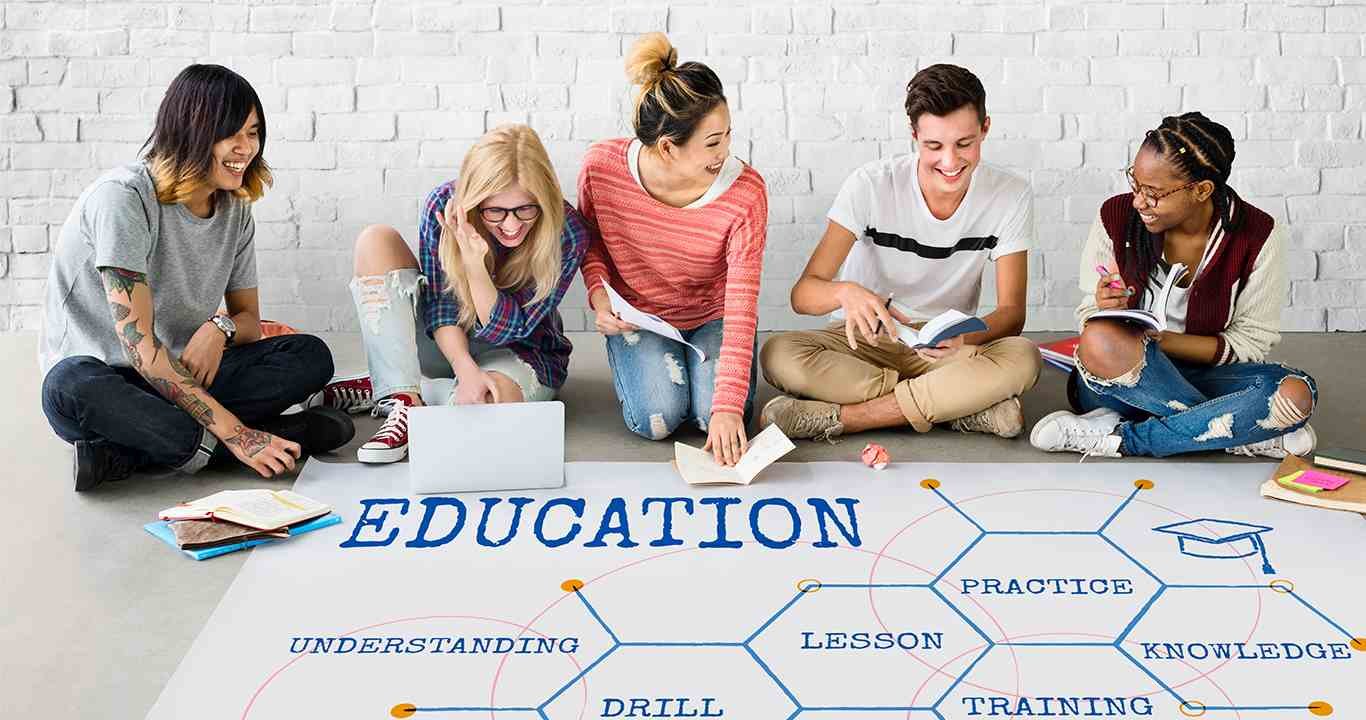The education landscape is evolving rapidly, driven by technology, changing societal needs, and the increasing demand for personalized learning experiences. As we move into a future where the job market, global economy, and social expectations are constantly shifting, it’s more important than ever for educational systems to adapt. In this article, we’ll explore the key trends shaping the future of learning and how they are preparing students for success in an increasingly complex world.
1. The Rise of Digital Learning
One of the most significant shifts in education is the integration of digital learning tools. Technology has the power to enhance the educational experience, making learning more accessible, engaging, and personalized.
- E-Learning Platforms: Platforms like Coursera, Udemy, and Khan Academy have democratized learning by providing online courses that can be accessed anywhere, anytime. These platforms offer a wide range of subjects, allowing learners to acquire new skills at their own pace.
- Virtual Classrooms: The COVID-19 pandemic accelerated the adoption of virtual classrooms, and now schools, universities, and organizations are leveraging video conferencing, online resources, and interactive tools to create dynamic learning environments.
- Gamification: Integrating game-like elements into learning—such as rewards, challenges, and leaderboards—makes education more engaging and motivates students to excel.
Future Implication: As digital learning tools continue to advance, they will make education more flexible and accessible, providing opportunities for lifelong learning and skill development.
2. Personalized Learning Experiences
No two students learn the same way. Personalized learning takes into account the unique needs, strengths, and learning styles of each student, allowing for a more tailored educational experience.
- Adaptive Learning Technologies: AI-driven systems are increasingly being used to create adaptive learning pathways that adjust in real-time to a student’s performance, providing customized lessons and feedback.
- Learning Management Systems (LMS): These systems allow teachers to track students’ progress, assign personalized tasks, and provide additional resources based on individual needs.
- Project-Based Learning: Moving away from traditional testing, project-based learning encourages students to engage in real-world challenges, helping them develop critical thinking, creativity, and collaboration skills.
Future Implication: Personalized learning will become the standard, ensuring that every student receives the support they need to succeed, regardless of their background or learning style.
3. Focus on Skills Over Degrees
The traditional model of education, which emphasizes degrees and certifications, is slowly being replaced by a greater focus on skills and competencies. Employers are looking for practical skills rather than formal qualifications, prompting a shift toward more practical, hands-on learning.
- Micro-Credentials: Short, focused courses and certifications that teach specific skills—such as digital marketing, coding, or data analysis—are becoming increasingly popular. These micro-credentials allow individuals to demonstrate expertise in specific areas without committing to a full degree program.
- Vocational and Technical Training: With the demand for skilled labor in fields like technology, healthcare, and trades, vocational and technical education is gaining recognition. These programs equip students with the practical skills needed for immediate employment.
- Internships and Apprenticeships: Real-world experience is becoming just as valuable as theoretical knowledge. Internships and apprenticeships provide students with opportunities to gain hands-on experience in their chosen fields.
Future Implication: The emphasis on skills-based education will allow students to adapt more quickly to the evolving job market, gaining expertise in areas that are in high demand.
4. Embracing Artificial Intelligence (AI) and Automation
AI is transforming the way we approach education, from personalized learning to administrative tasks. The future of learning will heavily rely on AI-powered tools to enhance teaching and learning experiences.
- AI Tutors: AI-driven chatbots and virtual tutors can provide students with personalized assistance outside of the classroom, answering questions and helping with assignments.
- Automated Administrative Tasks: AI can streamline administrative duties, such as grading, scheduling, and resource allocation, allowing educators to focus more on teaching and student interaction.
- AI in Curriculum Design: AI can also help educators design curricula that meet the needs of individual students, ensuring that content is relevant and engaging.
Future Implication: AI will make education more efficient and accessible, allowing for greater personalization and freeing up educators to focus on what matters most: teaching and mentoring students.
5. Lifelong Learning and Continuous Education
In an ever-changing world, learning doesn’t stop after graduation. Lifelong learning is essential for staying competitive in the job market and adapting to new technologies and industries.
- Online Courses and Certifications: As mentioned earlier, online platforms make it easy for professionals to acquire new skills and certifications to stay ahead in their careers.
- Corporate Training: Companies are investing in continuous training programs to upskill employees, ensuring they remain adaptable to changing industry demands.
- Self-Directed Learning: The increasing availability of free resources, such as podcasts, webinars, and articles, allows individuals to take control of their own learning journey.
Future Implication: As industries continue to evolve, lifelong learning will be essential for both personal and professional growth, ensuring that individuals stay adaptable in an ever-changing job market.
Conclusion
The future of education is dynamic, with digital learning, personalized experiences, skills-based education, and technological innovations paving the way for a more flexible and inclusive system. As we look ahead, it’s clear that the traditional model of education is being replaced by a more personalized, tech-driven approach, offering greater opportunities for lifelong learning and growth. By embracing these trends, students and professionals alike can prepare for a future of success and adaptability in a rapidly changing world.


